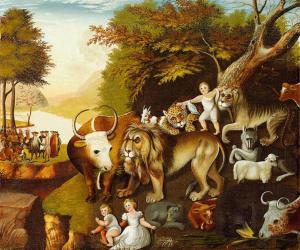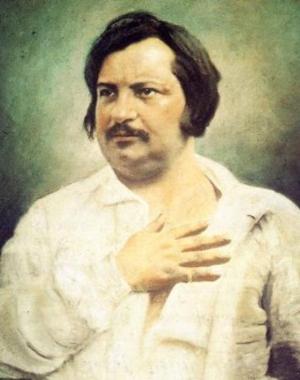| Author: | Andrew Lang | ISBN: | 9781465600813 |
| Publisher: | Library of Alexandria | Publication: | March 8, 2015 |
| Imprint: | Language: | English |
| Author: | Andrew Lang |
| ISBN: | 9781465600813 |
| Publisher: | Library of Alexandria |
| Publication: | March 8, 2015 |
| Imprint: | |
| Language: | English |
Alexandre Dumas is a writer, and his life is a topic, of which his devotees never weary. Indeed, one lifetime is not long enough wherein to tire of them. The long days and years of Hilpa and Shalum, in Addison—the antediluvian age, when a picnic lasted for half a century and a courtship for two hundred years, might have sufficed for an exhaustive study of Dumas. No such study have I to offer, in the brief seasons of our perishable days. I own that I have not read, and do not, in the circumstances, expect to read, all of Dumas, nor even the greater part of his thousand volumes. We only dip a cup in that sparkling spring, and drink, and go on,—we cannot hope to exhaust the fountain, nor to carry away with us the well itself. It is but a word of gratitude and delight that we can say to the heroic and indomitable master, only an ave of friendship that we can call across the bourne to the shade of the Porthos of fiction. That his works (his best works) should be even still more widely circulated than they are; that the young should read them, and learn frankness, kindness, generosity—should esteem the tender heart, and the gay, invincible wit; that the old should read them again, and find forgetfulness of trouble, and taste the anodyne of dreams, that is what we desire. Two anecdotes are told of Dumas’ books, one by M. Edmond About, the other by his own son, which show, in brief space, why this novelist is so beloved, and why he deserves our affection and esteem. M. Villaud, a railway engineer who had lived much in Italy, Russia, and Spain, was the person whose enthusiasm finally secured a statue for Dumas. He felt so much gratitude to the unknown friend of lonely nights in long exiles, that he could not be happy till his gratitude found a permanent expression. On returning to France he went to consult M. Victor Borie, who told him this tale about George Sand. M. Borie chanced to visit the famous novelist just before her death, and found Dumas’ novel, “Les Quarante Cinq” (one of the cycle about the Valois kings) lying on her table. He expressed his wonder that she was reading it for the first time.
Alexandre Dumas is a writer, and his life is a topic, of which his devotees never weary. Indeed, one lifetime is not long enough wherein to tire of them. The long days and years of Hilpa and Shalum, in Addison—the antediluvian age, when a picnic lasted for half a century and a courtship for two hundred years, might have sufficed for an exhaustive study of Dumas. No such study have I to offer, in the brief seasons of our perishable days. I own that I have not read, and do not, in the circumstances, expect to read, all of Dumas, nor even the greater part of his thousand volumes. We only dip a cup in that sparkling spring, and drink, and go on,—we cannot hope to exhaust the fountain, nor to carry away with us the well itself. It is but a word of gratitude and delight that we can say to the heroic and indomitable master, only an ave of friendship that we can call across the bourne to the shade of the Porthos of fiction. That his works (his best works) should be even still more widely circulated than they are; that the young should read them, and learn frankness, kindness, generosity—should esteem the tender heart, and the gay, invincible wit; that the old should read them again, and find forgetfulness of trouble, and taste the anodyne of dreams, that is what we desire. Two anecdotes are told of Dumas’ books, one by M. Edmond About, the other by his own son, which show, in brief space, why this novelist is so beloved, and why he deserves our affection and esteem. M. Villaud, a railway engineer who had lived much in Italy, Russia, and Spain, was the person whose enthusiasm finally secured a statue for Dumas. He felt so much gratitude to the unknown friend of lonely nights in long exiles, that he could not be happy till his gratitude found a permanent expression. On returning to France he went to consult M. Victor Borie, who told him this tale about George Sand. M. Borie chanced to visit the famous novelist just before her death, and found Dumas’ novel, “Les Quarante Cinq” (one of the cycle about the Valois kings) lying on her table. He expressed his wonder that she was reading it for the first time.















